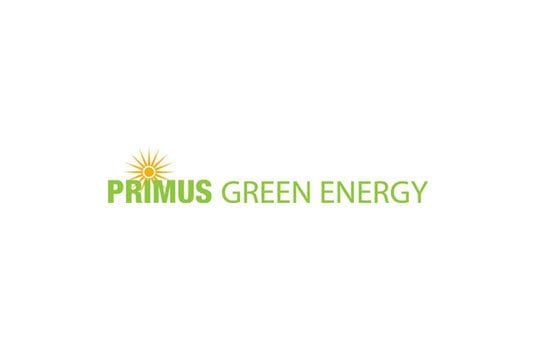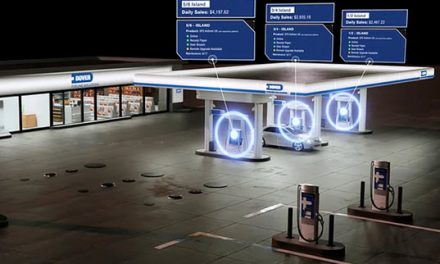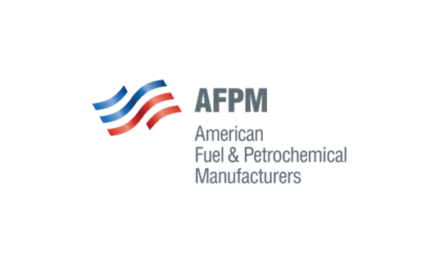Primus Green Energy Inc., a gas-to-liquids (GTL) technology and solutions company that transforms methane and other hydrocarbon gases into gasoline and methanol, today announced that it has successfully produced 100-octane gasoline at its commercial demonstration plant in Hillsborough, New Jersey.
Primus has achieved this significant milestone as a result of a breakthrough improvement to its proprietary STG+™ technology, which allows its plant to produce high-octane gasoline in addition to RBOB gasoline and methanol. With the production of 100-octane zero sulfur, zero benzene, zero lead gasoline, Primus could address fuels that meet European Union (EU) and Commonwealth of Independent States (CIS) specifications. There is also potential for this high octane gasoline to address the needs of the 100LL aviation gasoline (avgas) market, totaling 150-200 million gpa in the United States.
“This breakthrough in our proprietary technology directly addresses the demand from our customers in Europe and the CIS – markets that require high-octane gasoline,” said Sam Golan, chief executive officer of Primus Green Energy. “This accomplishment demonstrates the advantages of Primus’ technology team and business model, which focus on the continual improvement of our technology and the development of new products to meet customers’ needs.”
Primus’ STG+™ technology can use a range of natural gas feedstocks, including wellhead and pipeline gas, dry or wet associated gas, “stranded” ethane, excess syngas from underutilized reformers or mixed natural gas liquids. The systems’ stranded and associated gas applications offer an ideal solution to the lack of traditional natural gas pipeline infrastructure in remote locations, enabling the monetization of gas that would otherwise be stranded or flared. The low-cost, modular systems can be trucked in and assembled onsite for easy deployment.
The STG+™ process has been validated through more than 7,500 hours of operation at Primus’ commercial testing plant. By comparison with other GTL technologies, the process holds many key advantages, including record low capital and operating costs, high liquid product quality, zero wastewater, unmatched process simplicity and one of the best conversion yields on the market. These advantages result in STG+™ technology being uniquely economical at all scales, starting as small as 100,000 Nm3 (5 million scf) per day of feed gas.









